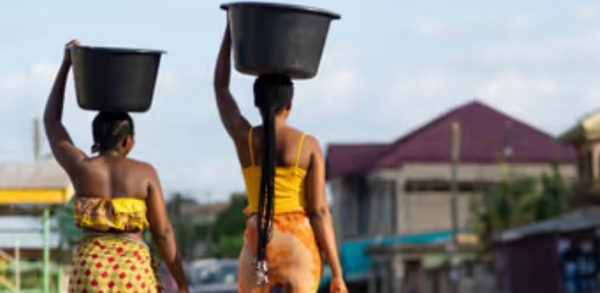Many African countries are still referred to by their colonial names, while others have embraced new identities that reflect their cultural heritage. Names are significant, often embodying a nation’s history and identity. Here are seven African countries that have changed their names since gaining independence:
1. Botswana
Formerly known as Bechuanaland during British colonization, Botswana changed its name upon gaining independence in 1966. The new name honors the Tswana, the majority ethnic group in the country.
2. Burkina Faso
This West African nation was called Haute-Volta and later the Republic of Upper Volta before achieving independence from France in 1960. In 1984, it adopted the name Burkina Faso, meaning “the land of upright and honest people.”
3&4. Zimbabwe and Zambia
Originally part of the British protectorate of Rhodesia—named after the colonial figure Cecil John Rhodes—Southern Rhodesia became a self-governing British colony in 1923, while Northern Rhodesia was established as a protectorate in 1924. Northern Rhodesia gained independence in 1964 and was renamed Zambia, derived from the Zambezi River. Southern Rhodesia retained the name Rhodesia until 1979 when it briefly became Zimbabwe Rhodesia. In 1980, the country finally adopted the name Zimbabwe, referencing the medieval city of Great Zimbabwe.
5. Eswatini
In 2018, Swaziland was officially renamed the Kingdom of Eswatini. Although King Mswati III had used the name since 2014, the formal announcement coincided with the country’s 50th Independence Day celebration, symbolizing a break from its colonial past and reducing confusion with Switzerland.
6. Mozambique
Known as Portuguese East Africa until its independence in 1975, Mozambique derives its name from “Musa Al Bik,” an influential Arab trader from the early centuries who lived on the island of Mozambique.
7. Mali
Previously referred to as French Sudan during the colonial period and part of French West Africa, Mali gained independence in 1960. Initially, it formed the Malian Federation with Senegal, but after its dissolution, it became the Republic of Mali, named after the historic Mali Empire.
While these countries have embraced new identities, others, like Nigeria, continue to carry their colonial names.





